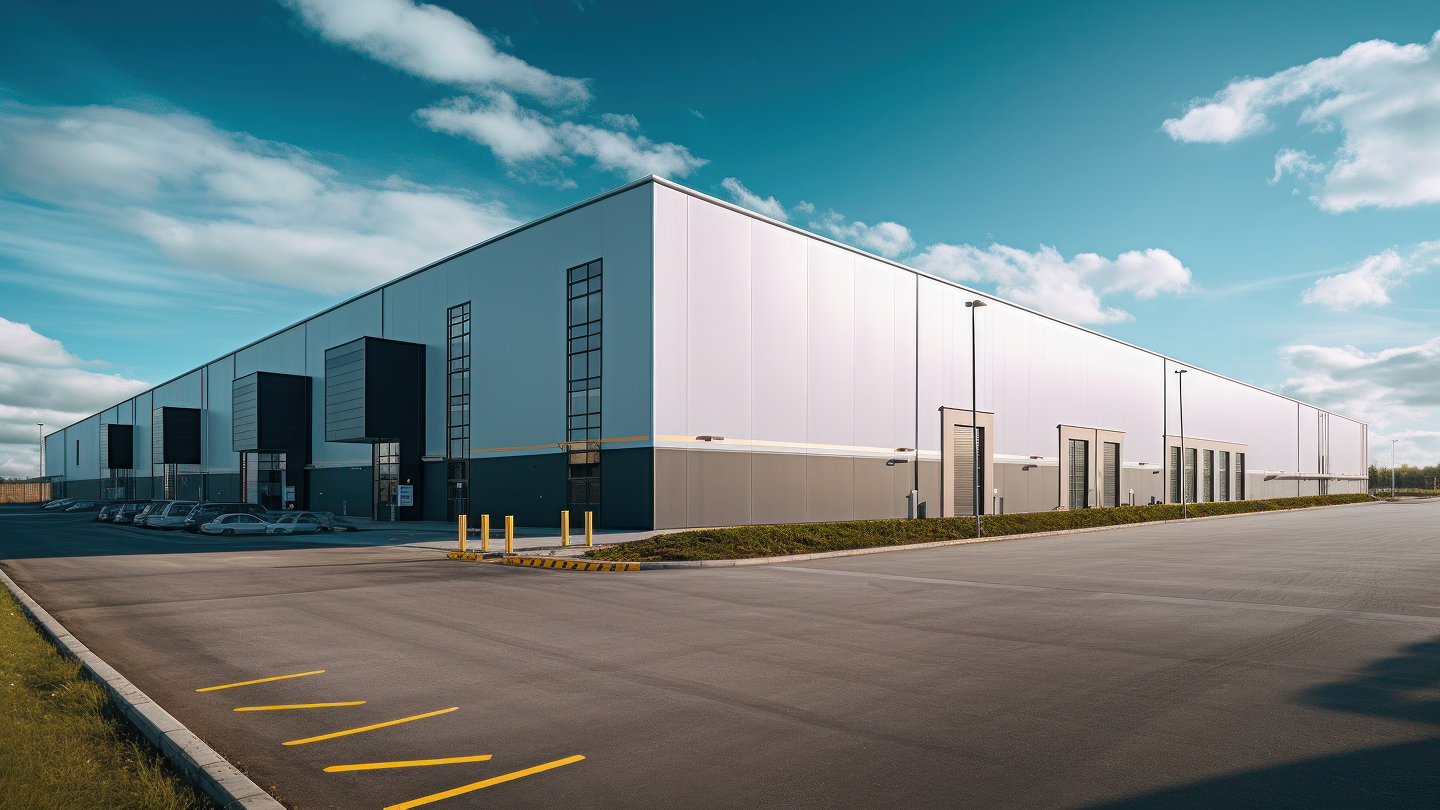Why Smart Warehousing is the Future of Logistics

The rapid expansion of e-commerce, supply chain digitization, and just-in-time inventory models has transformed the logistics landscape. Traditional warehouses are no longer sufficient to meet modern demands. Businesses now require faster order fulfillment, higher accuracy, and scalable solutions that can adapt to dynamic market conditions.
Smart warehousing integrates automation, robotics, and artificial intelligence (AI) to optimize operations, reduce costs, and increase efficiency. Companies that adopt intelligent logistics infrastructure gain a significant competitive advantage, enhancing both operational agility and long-term scalability.
Key Technologies Driving Smart Warehousing
Smart warehouses utilize cutting-edge automation to streamline processes and maximize efficiency. The core technologies include:
1. Automated Storage and Retrieval Systems (ASRS)
ASRS is a computer-controlled system that automatically handles, stores, and retrieves goods, reducing manual intervention and increasing precision. These systems optimize warehouse space and significantly improve order fulfillment speed.
Types of ASRS Systems:
- Shuttle Systems – Automate the retrieval of small bins and totes, improving picking efficiency.
- Vertical Lift Modules (VLMs) – Space-saving units that maximize vertical storage capacity.
- Mini-Load & Unit-Load Cranes – High-speed robotic systems designed for dense storage solutions.
Benefits of ASRS:
- Maximizes Storage Density – Uses vertical space efficiently, reducing warehouse footprint.
- Improves Order Accuracy – Eliminates human errors, ensuring precise inventory tracking.
- Reduces Labor Costs – Automation minimizes reliance on manual handling.
Enhances Speed & Throughput – Faster retrieval times accelerate order processing.
2. AI-Driven Inventory Management
AI-powered systems analyze demand patterns and automate inventory replenishment, ensuring real-time stock visibility and reducing overstocking or stockouts.
3. Robotics & Automated Guided Vehicles (AGVs)
AGVs and Autonomous Mobile Robots (AMRs) efficiently transport goods within warehouses, improving material flow and reducing downtime.
4. IoT and Real-Time Data Analytics
IoT sensors track environmental conditions, optimize energy usage, and provide predictive maintenance alerts to prevent operational disruptions.
5. Sustainable Warehousing Solutions
Energy-efficient lighting, solar panels, and eco-friendly construction materials contribute to a reduced carbon footprint, aligning warehouses with global sustainability standards.

The Impact of Smart Warehousing on Industrial Parks
As logistics and manufacturing evolve, industrial parks are shifting from traditional storage facilities to technology-driven ecosystems that integrate smart warehousing. These developments provide plug-and-play infrastructure that enhances supply chain agility and operational efficiency.
Key Features of Smart Industrial Parks:
- Pre-Built Smart Warehouses – Ready-to-use facilities with integrated automation.
- Strategic Connectivity – Locations near highways, ports, and rail networks for seamless logistics.
- Integrated Digital Infrastructure – IoT-enabled monitoring and AI-driven analytics for real-time decision-making.
- Sustainability Focus – Green building certifications, solar power integration, and water conservation initiatives.
Industrial parks that embrace smart warehousing attract global businesses seeking scalable, compliant, and technologically advanced logistics solutions.

Smart Warehousing with Delta Estates
Industrial parks must evolve alongside businesses, offering intelligent warehousing solutions that support seamless operations. Facilities equipped with ASRS, AI-driven inventory management, and automation are setting new benchmarks in efficiency and reliability.
By integrating advanced warehousing technologies, businesses can optimize inventory flow, reduce costs, and improve supply chain resilience. A well-planned logistics hub fosters faster market access, lower operational risks, and improved sustainability practices.
At Delta Estates, we are committed to developing future-ready industrial spaces that integrate smart warehousing, ASRS, and automation. Our infrastructure enables businesses to scale operations seamlessly, reduce costs, and optimize efficiency.







